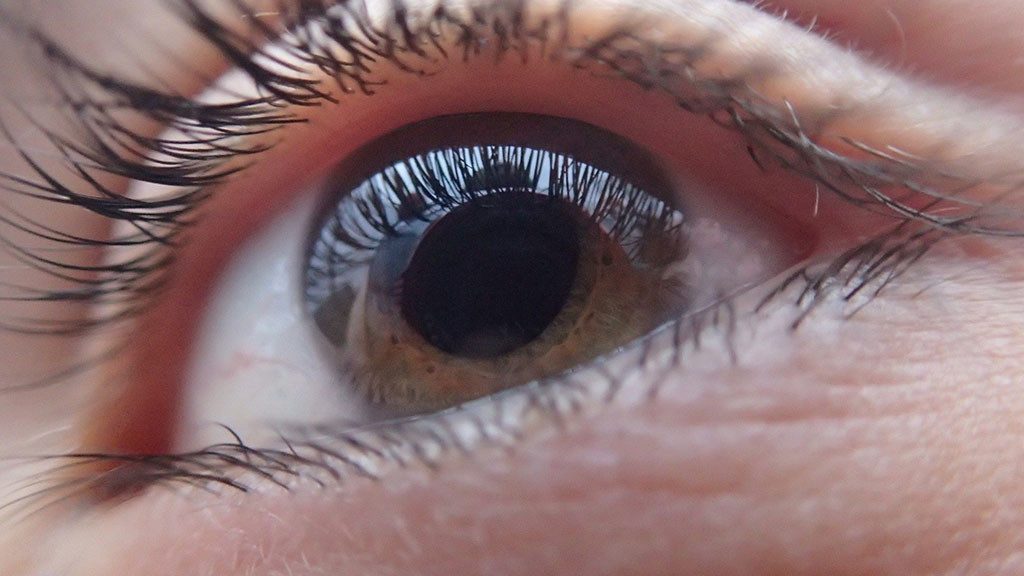Can eye tracking and keystroke logging tell us more about how we write and how we can write better?
Writing is a difficult task for even the most experienced authors, and novice writers (college students) are expected to write many papers throughout their college careers. Researchers have suggested several effective writing methods to help with these papers, but can eye tracking and keystroke logging be used to personalize feedback for writers to help them implement these strategies? Three researchers found that the program ProWrite could do just that.
THE RESEARCH
Researchers Emily Dux Speltz, Jens Roeser, and Evgeny Chukharev-Hudilainen were able to observe and modify the writing processes of eight different college students in the eye tracking and keystroke logging study they conducted, “Automating Individualized, Process-Focused Writing Instruction: A Design-Based Research Study.” Eye tracking is a method of research in which a camera tracks the eye movements of participants as they read, while keystroke logging records and analyzes participants’ use of the keyboard and mouse. Both of these methods collect data to study how the mind processes information and, in this case, to track the writing processes of participants.
Using the program ProWrite, which uses both eye tracking and keystroke logging, these researchers were able to analyze the students’ approaches to writing in real time, such as when they pause to plan or revise. Based on these behaviors, which had been linked in previous research to various writing-process deficits, the program then offered the participants one of four remediation plans (Dux Speltz, Roeser, & Chukharev-Hudilainen, 2022, 4):
- “Do not edit” (for students that made little forward progress because of repeated attempts at revisions that did not make any noticeable improvement)
- “Pause sentence-initially” (for students who didn’t pause to think before beginning to write a sentence, instead pausing mid-sentence, which reduced logical flow)
- “Revise periodically” (for students that do not reread their work as they go, which has been found to limit text quality)
- “Write linearly” (for students who jumped around excessively while writing)
The researchers then conducted the same experiment again and found that the feedback the program had given was effective in helping the participants modify their writing methods, as participants intentionally changed their planning and organization patterns to follow the prompts offered by ProWrite. The quality of the writing that the students produced did not improve significantly, but the participants had generally favorable reactions to the program and its feedback. In the interviews the researchers conducted as part of the study, they found that “most participants expressed that they would like to try to incorporate the strategy they learned in their future writing outside of the ProWrite system” (Speltz, Roeser, and Chukharev-Hudilainen 2022, 19).
“The study demonstrated that individualized, real-time feedback informed by biometric technology can effectively modify writers’ processes when writing takes place.”
Emily Dux Speltz, Jens Roeser, and Evgeny Chukharec-Hudilainen (2022)
THE IMPLICATIONS
Although the data did not show immediate improvement in the participants’ writing, this study demonstrates the potential of the program ProWrite, as well as the implications of this style of feedback. The positive response from participants suggests that with time, the feedback they receive could produce a lasting improvement in the quality of their writing that was not seen after just one session.
This is just one pragmatic way to apply research on effective writing processes in order to help writers and editors make more effective use of their time. Further research into this and other programs could lead to feedback systems that help students in high school and college to implement writing strategies they learn, as well as editors and authors with deadlines to meet.
To learn more about effective writing strategies, read the full article:
Dux Speltz, Emily, Jens Roeser, and Evgeny Chukharev-Hudilainen. 2022. “Automating Individualized, Process-Focused Writing Instruction: A Design-Based Research Study.” Frontiers in Communication 7: 1–22. https://doi.org/10.3389/fcomm.2022.933878.
—Marie Lefler, Editing Research
FEATURE IMAGE BY PIXABAY
Find more research
Take a look at Rachel Hatch’s Editing Research article to learn more about the writing process through the lens of eye tracking: “The Cognitive Effort of Researching While Writing.”
Read Breetvelt, van den Bergh, and Rijlaarsdam’s (1994) article to learn more about effective writing processes: “Relations between Writing Processes and Text Quality: When and How?” Cognition and Instruction 12 (2): 103–123. https://doi.org/10.1207/s1532690xci1202_2.




